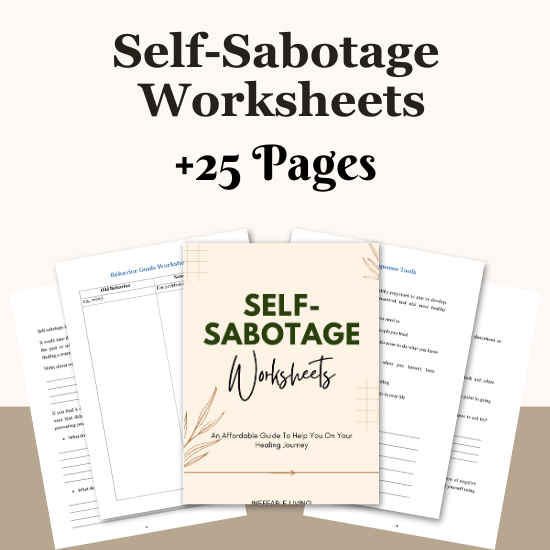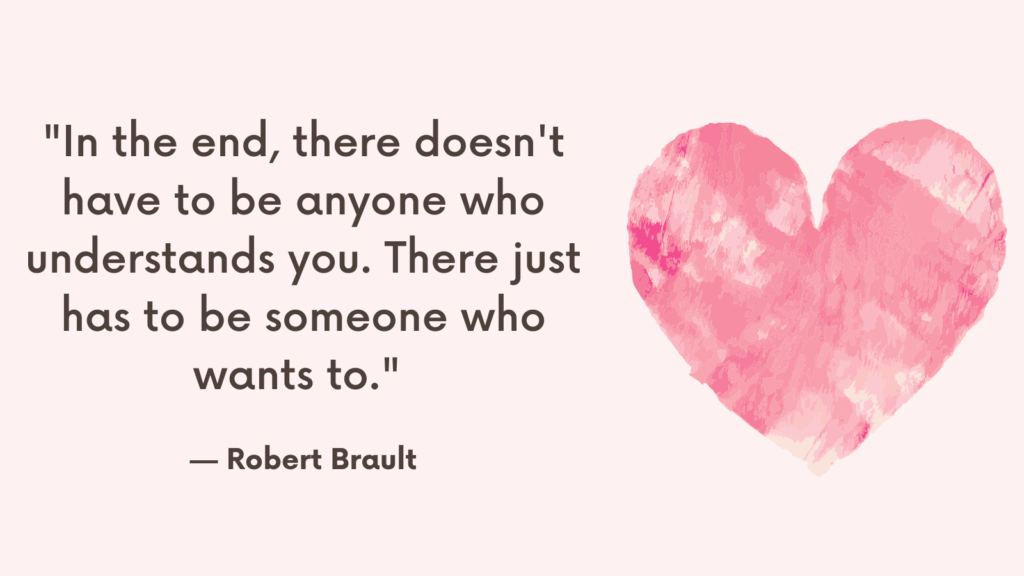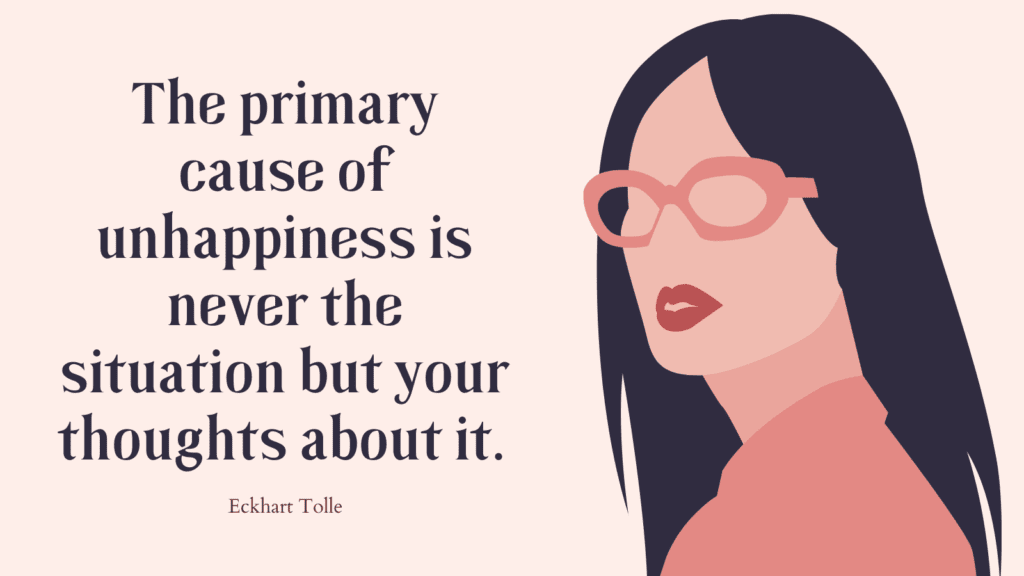You want closeness. You want trust. You want to feel safe and loved in your relationships — romantic, platonic, or family. But sometimes, without even realizing it, you may be doing things that push people away, build walls instead of bridges, or recreate old wounds you don’t yet know you’re carrying.
Relationship sabotage isn’t always loud or obvious. It can be subtle — built into your habits, fears, or ways of protecting yourself. These patterns often come from early experiences where love wasn’t safe, consistent, or earned without effort.
Here are subtle ways you may be unintentionally sabotaging your relationships — and what they might be trying to protect you from.
Why Relationship Sabotage Isn’t Always Obvious
Sabotage in relationships doesn’t always look like cheating, yelling, or dramatic exits. Sometimes, it’s quiet, habitual, or even disguised as self-protection. These behaviors often come from:
- Fear of vulnerability or rejection
- Unprocessed attachment wounds
- Beliefs that you’re “too much” or “not enough” to be loved
- A nervous system trained to expect chaos or abandonment
- Deep doubts about whether real intimacy is safe or sustainable
You’re not ruining love on purpose—you’re bracing for the moment it disappears.
Related: Best 21 Self Sabotage Journal Prompts
15 Subtle Ways You May Be Sabotaging Your Relationships
1. You Push People Away Before They Get Too Close
You may pick fights, emotionally withdraw, or convince yourself they’re not the right fit — just when things start to feel good. It’s not because you don’t want love; it’s because vulnerability feels dangerous.
2. You Overanalyze Every Interaction
Replaying texts, second-guessing tones, or obsessing over what they really meant can keep you stuck in anxiety rather than connection. Hypervigilance is often a leftover survival skill from inconsistent or unsafe past relationships.
3. You Expect Rejection and Prepare for It
You might assume they’ll leave, cheat, get bored, or stop loving you — even without evidence. So you stay on guard, which blocks trust and intimacy.
4. You Don’t Ask for What You Need
You downplay your needs to avoid being “too much,” hoping they’ll read your mind. When they don’t, you feel hurt or resentful. This quiet suppression often leads to emotional distance.
5. You Apologize for Existing
Constantly saying “sorry,” hesitating to speak up, or shrinking yourself to be more “acceptable” can create imbalance. It teaches others that your feelings come second — and teaches you the same.
Related: Best 7 Self Sabotage Books
6. You Chase Approval Instead of Genuine Connection
You try to be what they want instead of who you are. Overperforming to be liked can lead to relationships where you’re never fully seen — and eventually feel unseen and unfulfilled.
7. You Keep One Foot Out the Door
Emotionally, you may withhold full commitment as a form of protection. You don’t let yourself be all in, because if it ends, you want to soften the fall. But withholding keeps the relationship from deepening.
8. You Shut Down During Conflict
Instead of communicating, you shut down, disappear, or stonewall. This may feel like self-preservation, but to the other person, it can feel like abandonment or emotional withdrawal.
9. You Test People to See If They’ll Leave
You might provoke, play games, or create emotional distance to see if they’ll chase you — mirroring the old fear that people only stay if you force them to.
10. You Stay Silent to Keep the Peace
If you avoid disagreements at all costs, you may bottle up resentment. Over time, this erodes intimacy and builds distance between what you feel and what you express.
11. You Assume They Feel the Same Way You Do
You might believe your partner or friend is upset, angry, or losing interest — based solely on your own insecurity. These assumptions can trigger you to pull back or lash out unnecessarily.
12. You Compare Your Relationship to Others Constantly
Measuring your connection against idealized versions online or in your head can make you miss the real, imperfect love in front of you.
13. You Don’t Allow Yourself to Be Fully Known
You keep secrets, avoid vulnerability, or present a polished version of yourself. This can protect you from shame but also prevents real intimacy.
Related: Top 15 Journal Prompts For Relationship Anxiety
14. You Dismiss or Downplay Compliments and Affection
When someone praises or affirms you, you brush it off or don’t believe it. This blocks the flow of emotional closeness and can leave the other person feeling rejected.
15. You Hold People to Unspoken Rules
You expect them to “just know” how to love you — without ever clearly expressing your needs. When they don’t meet those expectations, you feel hurt, even if they were never told.
What Helps Break the Pattern
1. Name the Pattern Without Shame
Notice how, when, and why you sabotage. Do you pull away when things feel good? Shut down during conflict? Expect the worst and act on it?
Call it what it is — without judging yourself.
“I’m pushing this person away because I’m scared they’ll eventually leave.”
Naming the pattern builds self-trust and gives you the power to change it.
2. Ask: What Am I Protecting Myself From?
Self-sabotage is a defense, not a flaw. Ask yourself:
- What feels unsafe about being fully seen or loved?
- When did I first learn that love comes with pain, abandonment, or criticism?
- What am I afraid will happen if I let this relationship grow?
Understanding the fear underneath the behavior softens the shame and opens a path to healing.
Related: Do I Have Relationship Anxiety Quiz
3. Slow Down Your Responses
When you’re triggered, pause. Instead of reacting immediately, try:
- Taking three deep breaths
- Journaling for five minutes
- Saying, “I need a moment to think before I respond”
Slowing down helps you respond from your adult self — not your wounded inner child.
4. Practice Saying What You Need
Many sabotaging behaviors come from unspoken needs: for reassurance, closeness, space, or clarity. Instead of testing or withdrawing, try:
“I’m feeling insecure right now — can we talk about it?”
“I need some space, but I still care about you.”
Healthy relationships grow stronger when needs are clearly and respectfully expressed.
Related: Relationship Expectations: Realistic vs. Unrealistic Expectations
5. Let Yourself Be Seen in Small Steps
You don’t have to go from guarded to wide open overnight. Start small. Share something honest. Let someone help you. Accept a compliment without deflecting. Each act of vulnerability builds emotional safety over time.
6. Release the Belief That Love Must Be Earned
If you grew up believing you had to perform, please, or prove your worth to be loved, those beliefs may still be driving your behavior. Remind yourself:
“I don’t have to sabotage what’s good. I’m allowed to receive love as I am.”
Healing happens when you stop performing and start belonging — to yourself first.
7. Apologize When Needed, Repair When Possible
If your behavior hurt someone, take responsibility — not with shame, but with ownership.
“I see that I pushed you away. That came from fear, not from how I truly feel. I want to do better.”
Repair builds deeper trust than perfection ever could.
8. Get Curious, Not Critical
When you mess up or notice an old pattern emerging, meet it with curiosity.
“Why did I do that? What was I feeling? What did I need?”
Self-compassion creates the space for lasting change. Harsh self-talk only reinforces sabotage.
9. Surround Yourself With Safe Relationships
Not everyone will be patient or emotionally mature — and that’s okay. Seek people who respond with steadiness, who can hear your truth without punishing you, and who make space for your growth. Safety fuels healing.
10. Work With a Therapist If You Can
Self-sabotage is often tied to early attachment wounds, trauma, or emotional neglect. A trauma-informed therapist can help you identify the origin of the pattern and give you tools to rewire how you relate to others — and to yourself.
Related: Best 50 Ways To Stay In Love Forever With Your Partner

Conclusion
Sabotage doesn’t mean you’re bad at relationships — it means a part of you is scared. These subtle patterns aren’t failures. They’re protective responses built from moments when love wasn’t safe, boundaries weren’t respected, or your needs went unmet.
You can learn a new way. You can choose curiosity over fear, communication over silence, and self-awareness over self-protection. Healing begins with noticing the pattern — and gently asking yourself:
What am I trying to protect? And is it time to try something softer?



